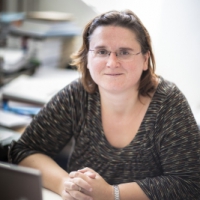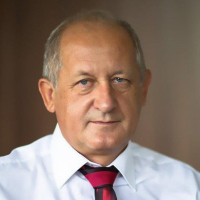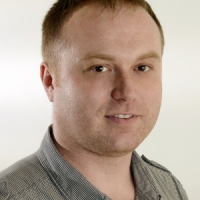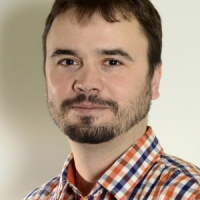Education reform in many countries was based on the awareness of the weaknesses and results of their own education system and, on the other hand, in an effort to be competitive in the modern world. The introduction of the comparison of educational results in the PISA and TIMSS projects played a significant role in this. In addition to knowledge, the emphasis was mainly on reading, math and science literacy.
Educators, teachers and creators of education were and are looking for a solution in various forms of reforms even today, including our education.
Many elements that appear in current reform efforts are supported by good results in the most advanced educational systems, e.g. in Finland, Norway, Germany, England, Canada, USA and other countries. Some reforms have also had negative findings and results.
How are we doing in the teaching of physics in Slovakia and nearby European countries? Do we have a clear idea of the content and forms of reforms realistically aimed at increasing scientific literacy and critical thinking?
Interesting ideas appeared in the work of Lucy Crehan (Crehan, 2004). The author drew attention not only to the positive features of the reforms, but also to the mistakes made by their authors in some countries, especially when overestimating the ways and methods of acquiring knowledge at the expense of the content itself and underestimating the importance of managing the education process by teachers.
Similarly, other authors think about it "In order for students to be able to solve problems or think critically, these skills must be taught on the content of the subject; trying to teach them without a solid factual basis will not contribute to their use in new situations or problem-solving skills (Bransford J.D., Brown A.L., Cocking R.R., How People Learn: Brain, M.)
The DIDFYZ 2025 conference aims to map the attitudes of the creators of the new reform, teachers as its bearers, and university teachers preparing future physics teachers. We want to critically assess the relationships between the presented content, methods, their balance and ways of implementation into new documents, educational materials and prospective training of physics teachers or teachers for the educational field of Man and Nature.
We have chosen the development of science literacy and especially critical thinking as the central theme as an umbrella of knowledge, methods and competences that the student should possess. We believe that the perspective of experts from various fields of training future physics teachers will enable the creators of the reform to issue a clear message about its future direction.
Conference organizers





